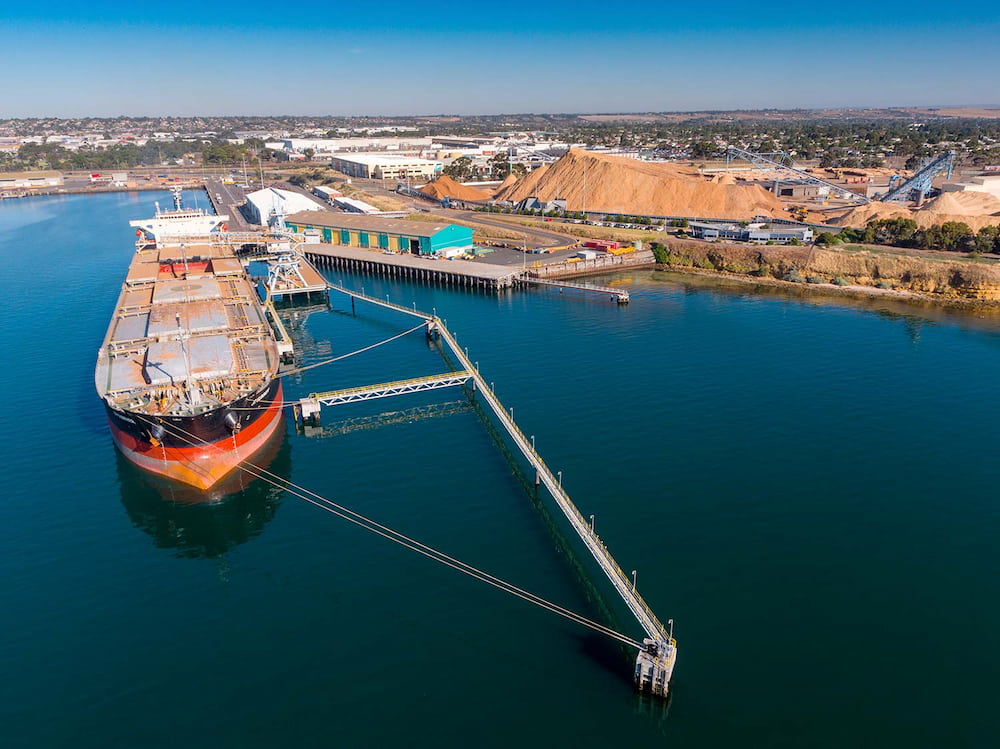Strategic Asset Management: Driving Sustainable Transit in Melbourne
Discover how strategic asset management and operational readiness by SAS-AM are pivotal in transforming Melbourne's public transport into a sustainable, efficient system. Explore innovative strategies for fleet electrification, renewable energy integration, and enhancing accessibility, driving towards an environmentally friendly transit future.

Melbourne's public transport system is on a critical path towards greater sustainability and innovation. Despite its achievements in electrification, the city faces urgent challenges: enhancing the system's resilience to climate change and further reducing its carbon emissions. This effort is part of Melbourne's broader goal to merge urban growth with environmental care, emphasising the need for a comprehensive strategy that links transport and energy systems seamlessly.
Melbourne into the Future
Melbourne's train network, crucial for the city's transport, highlights a commitment to green travel with its electrification. As the city grows, so does the strain on this network, pushing the need for more sustainable practices and infrastructure resilience. The focus now is on adopting energy-efficient technologies and renewable energy to reduce carbon emissions further and improve the network's ability to handle climate change impacts. This situation underscores Melbourne's ongoing journey towards a sustainable future, balancing the demand for reliable train services with environmental goals.

Key Sustainable Transit Strategies for Resilience and Carbon Reduction
As Melbourne strides towards its sustainability and resilience goals, the train network plays a crucial role in this ambitious journey. To decrease carbon emissions and boost the network's resilience against climate challenges, adopting key sustainable transit strategies is vital.
These strategies aim to enhance energy efficiency, promote environmental sustainability, and ensure reliability amidst the pressing challenges of climate change and urban growth. Emphasising renewable energy adoption, infrastructure improvements, operational efficiencies, and incentivising off-peak travel, Melbourne is poised to transform its train services into a model of sustainable urban transit.
- Integrating Advanced Energy Systems: Leveraging advanced energy storage and management systems can enhance the efficiency and sustainability of the train network. By incorporating battery storage and regenerative braking technologies, the network can capture and reuse energy, significantly reducing overall consumption.
- Expanding Renewable Energy Use: Shifting the train network's power supply towards more renewable energy sources like solar and wind is a priority. Utilising solar panels at stations and along unused land near tracks can contribute significantly to powering the trains sustainably.
- Enhancing Infrastructure Resilience: Strengthening the train network's resilience involves upgrading tracks, stations, and signalling systems to withstand extreme weather and the impacts of climate change. Employing durable, heat-resistant materials and flood defences ensures uninterrupted, reliable service.
- Optimising Train Operations: Smart technology plays a key role in making train operations more efficient. Implementing data-driven scheduling and route optimisation can minimise energy waste, ensuring trains run efficiently without compromising service quality.
- Encouraging Off-Peak Travel: To manage energy demand more effectively, promoting off-peak travel through incentives can help distribute energy use evenly throughout the day. This approach reduces the strain on the energy grid and enhances operational efficiency.
Together, these strategies aim to bolster the sustainability and resilience of Melbourne's train network, ensuring it remains a vital, eco-friendly component of the city's transit system well into the future.

Challenges and Opportunities
Implementing sustainable and resilient transit strategies in Melbourne's train network faces several challenges. Funding and resources are major hurdles, as significant investment is needed to upgrade infrastructure and integrate advanced technologies. Adapting to new systems and ensuring they work seamlessly with existing operations also presents a technical challenge. Additionally, public acceptance and behaviour change, crucial for initiatives like off-peak travel incentives, require effective communication and engagement strategies.
However, these challenges bring opportunities. Innovations in sustainable transit can position Melbourne as a global leader in green urban mobility. Investing in renewable energy and efficient technologies not only reduces emissions but can also lead to long-term cost savings. Moreover, improving the train network's resilience and sustainability can enhance the overall quality of life in Melbourne, making the city more attractive to residents and businesses alike.
Conclusion
Melbourne's journey towards a more sustainable and resilient train network is both necessary and ambitious. By focusing on key strategies such as renewable energy, infrastructure resilience, and operational efficiency, the city can meet its environmental and sustainability goals. While challenges exist, the potential benefits for the environment, economy, and community well-being are significant. Through collaborative efforts, innovation, and strategic investment, Melbourne's train network can become a model of sustainable urban transit for cities worldwide.

Transforming Asset Data from Chaos to Clarity at GeelongPort


.jpg)